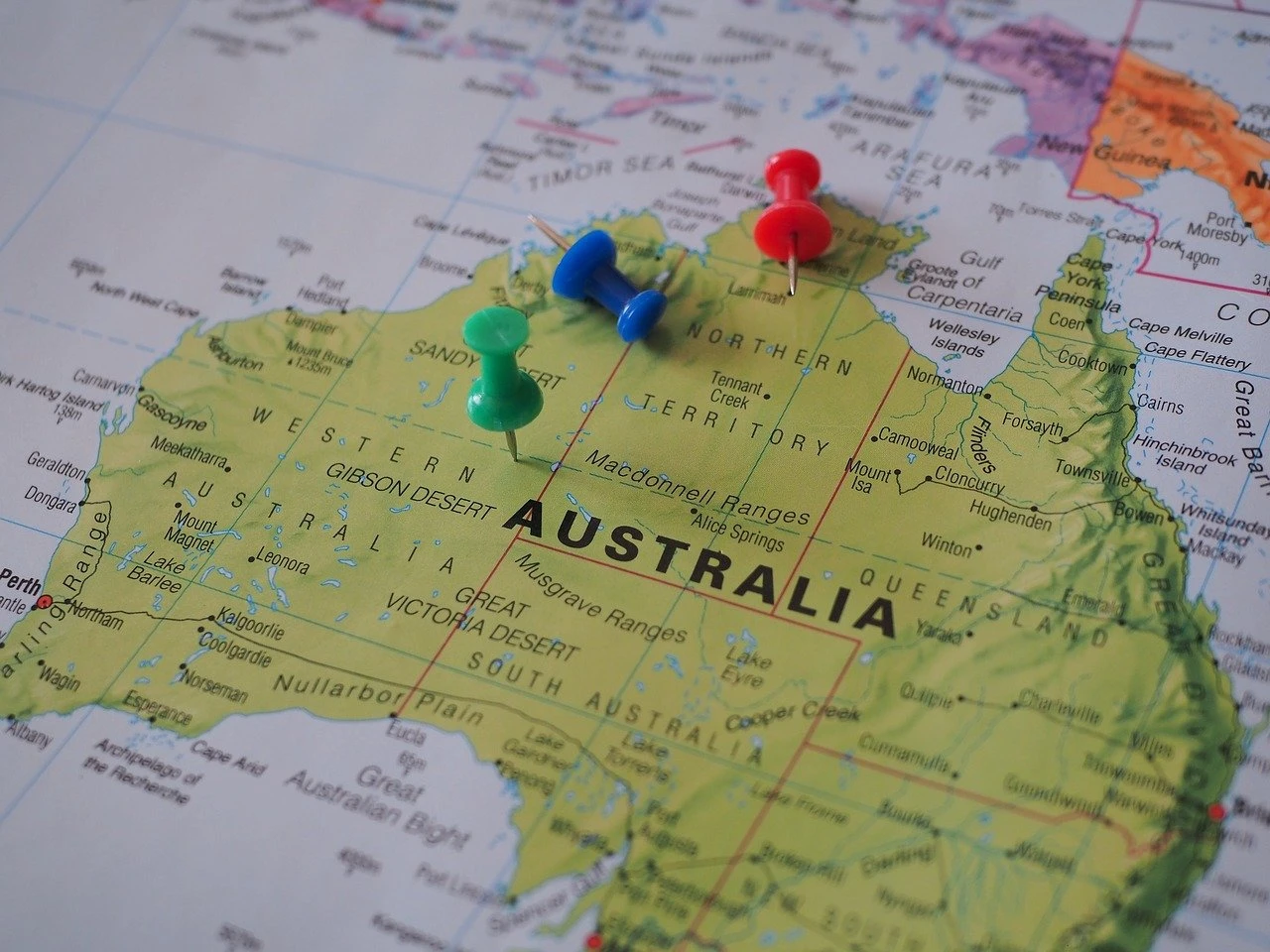Australian anti-gambling group chases ad ban through shareholder activism

The Alliance for Gambling Reform (AGR) has joined activist share-trading platform SIX to attempt to influence policy at the media giants through a shareholder resolution. The move comes amid AGR’s negative response to the Australian government’s proposed gambling ad restrictions, which fall short of the Murphy Report’s call for a total ban last year.
AGR chief advocate Reverend Tim Costello said he acquired the minimum parcel of shares in Nine and Seven West and encouraged others to do the same. The partners have developed plans to propose a shareholder resolution banning gambling ads at the two businesses’ AGMs this year.
The proposed resolution demands the removal of all gambling advertisements from each company’s television, radio, streaming, digital and publishing platforms. According to AGR, Australia’s corporation laws require just 100 shareholders to propose a resolution.
Seven West owns Seven, Australia’s leading broadcast television network, as well as The Sunday Times and 7News website. Nine’s assets include the Nine Network, The Sydney Morning Herald and The Australian Financial Review.
AGR claims support for ban
In a statement, Costello said: “It’s clear that these big media companies are not going to tackle the scourge of gambling ads until they are forced to. We’ve waited too long for governments to act, so now we’re using shareholder power to take action.”
Costello claimed that seven out of 10 Australians want gambling advertisements on TV to be banned. He also cited figures suggesting Australians lose AU$25bn (£12.85bn/€15.09bn/$16.58bn) each year to gambling, which is “the highest per capita spend in the world”.
Adam Verwey, CEO and co-founder of SIX, said: “This will challenge institutional investors and super funds to support a resolution that has such broad community support. Given the huge community cost of gambling, it’s hard to argue that banning gambling ads isn’t in the best financial interests of super fund members.”
Government’s gambling ad proposals
According to reports on Friday, communications ministry officials met with stakeholders to outline the government’s proposal for gambling advertising. The proposals have been developed following a bipartisan committee inquiry chaired by the late Labor MP Peta Murphy.
Reports say there would be a ban on online ads and during children’s programming. The ban would exist before, during and after sports broadcasts, but be limited to two per hour in general programming. However, there would not be a total ban as desired by opponents of the sector, such as AGR. Print advertisements would be exempt, meaning gambling ads could still appear in newspapers.
Reports claim the ban on social media and internet ads would apply from July 2025, while restrictions on broadcast ads would apply from July 2026.
Earlier this month, Bill Shorten, Australia’s minister for government services, claimed a ban on gambling advertising would only undermine free-to-air media in the country, which he says is “under attack” from digital media platforms such as Facebook.
“I’m not convinced that complete prohibition works,” Shorten said on ABC Australia’s Q+A programme. We’ve got ourselves in this wicked situation where, now, some of the free-to-air media need gambling ad revenue at any time in order just to stay afloat.”
